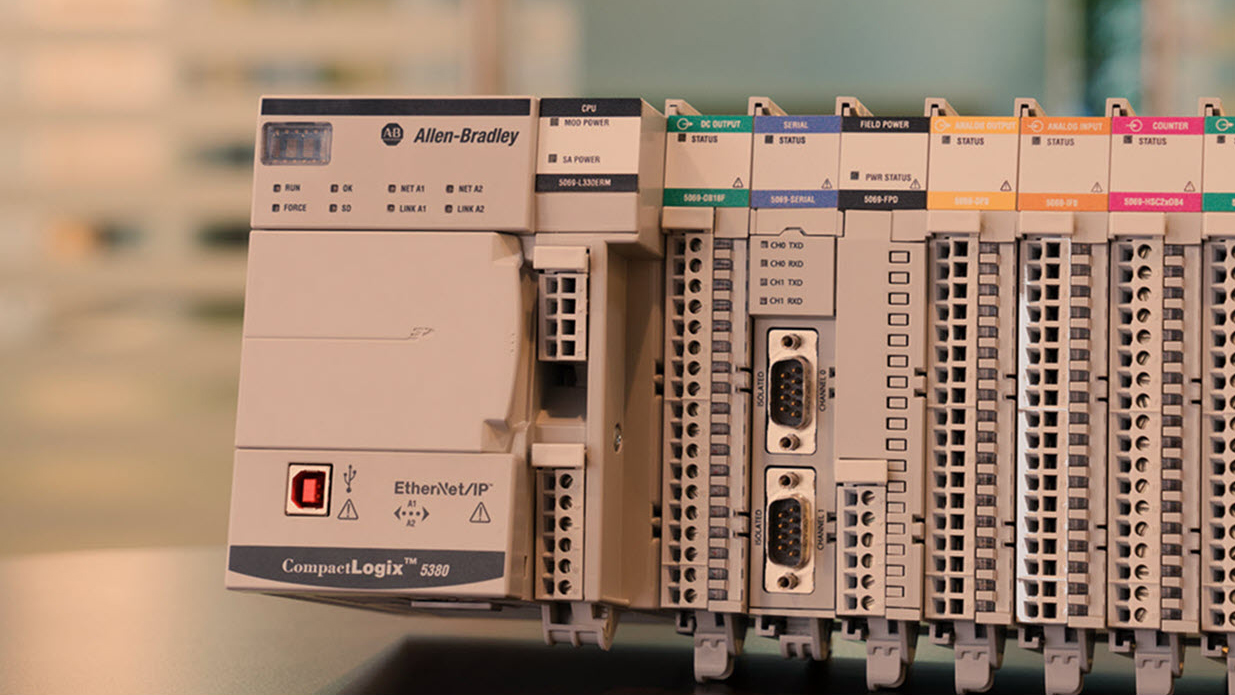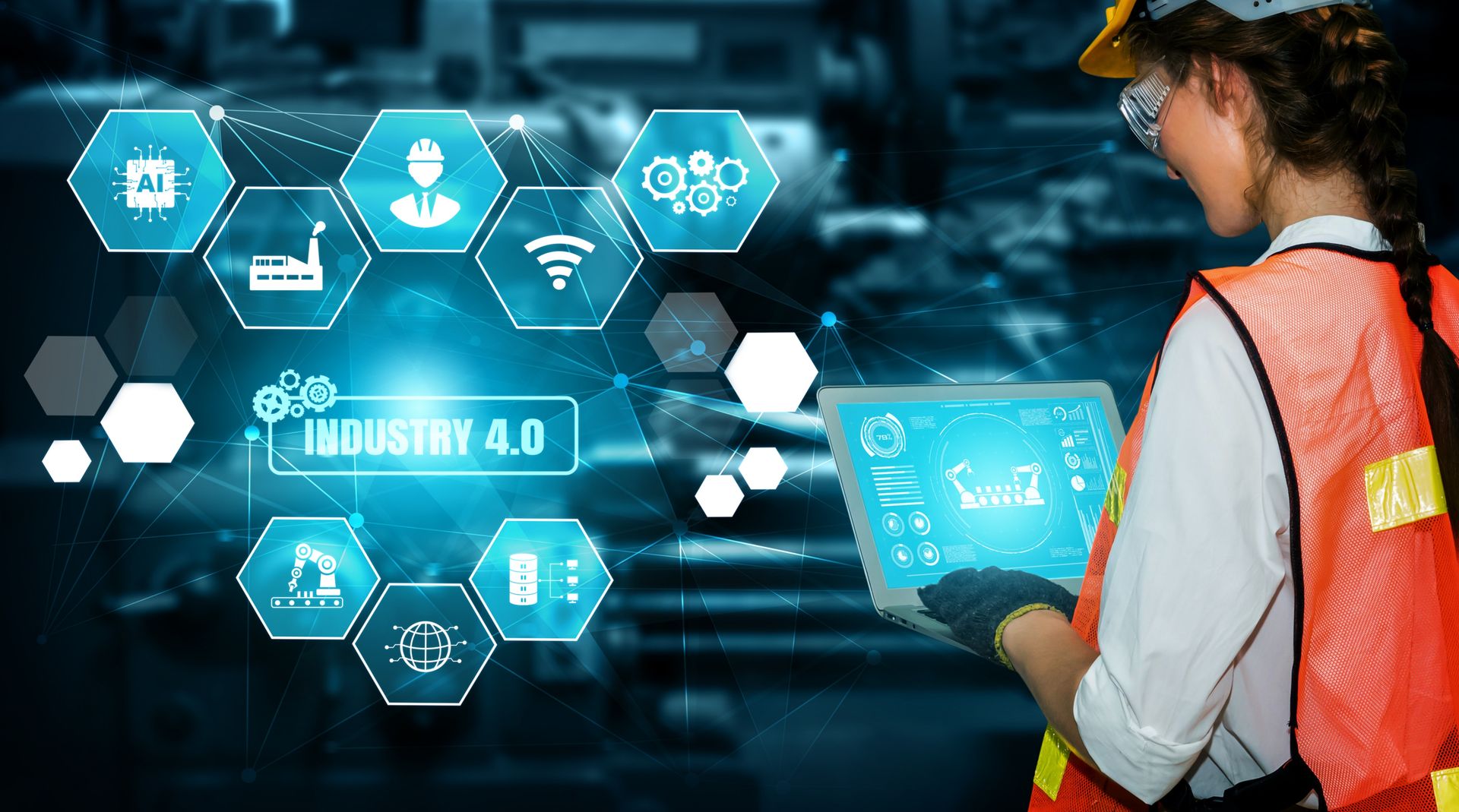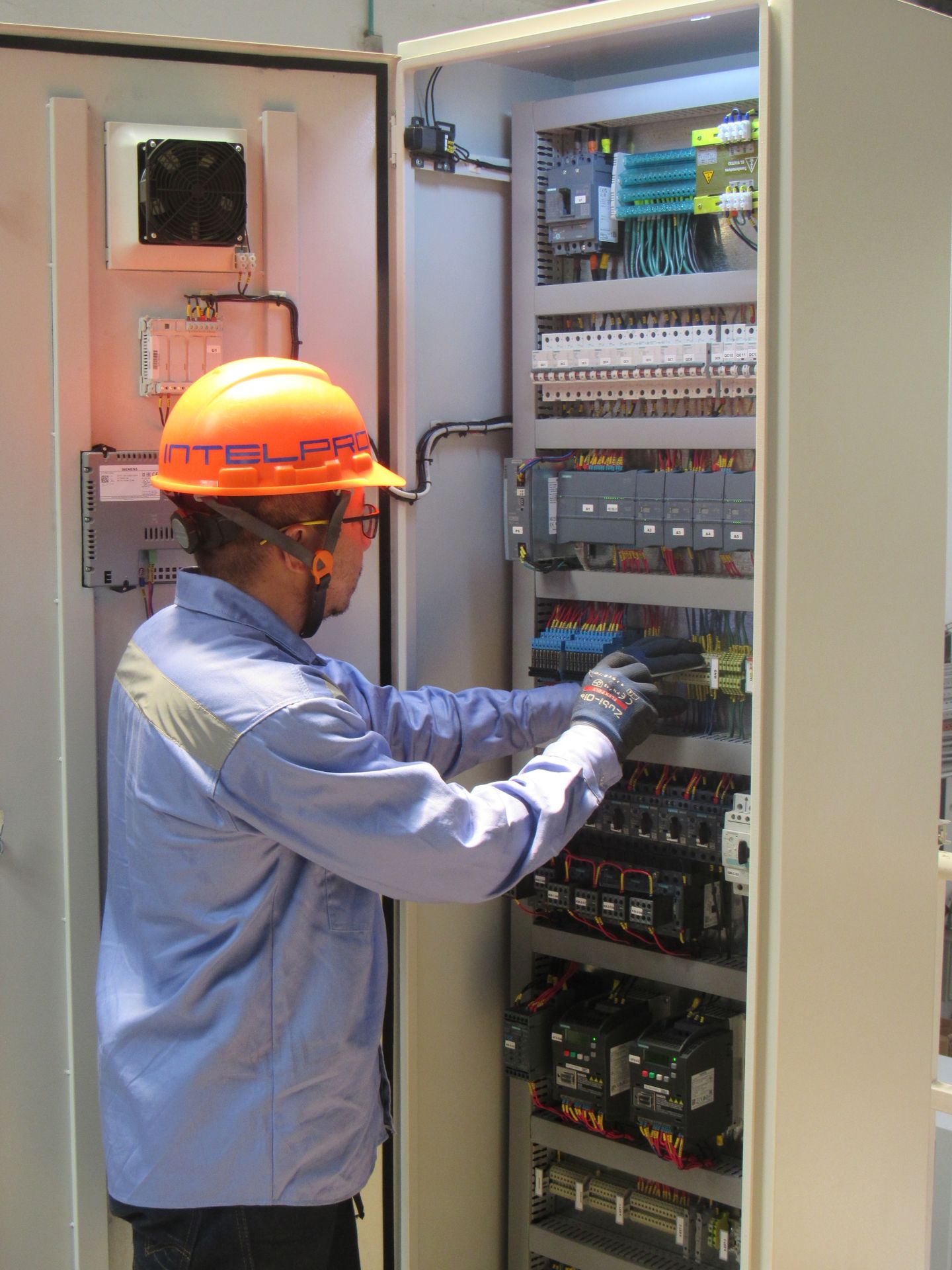There are several reasons why a decision might be made to change the old Programmable Logic Controllers (PLCs) of an industrial plant. Here are some common factors that contribute to such a decision:
1. Technological Obsolescence
Over time, older PLC models may become outdated and unable to keep up with evolving industry standards and technologies. Newer PLCs often offer advanced features, improved performance, enhanced connectivity, and better compatibility with modern industrial systems. Upgrading to newer models can help ensure that the plant remains efficient, reliable, and compatible with the latest equipment and software.

2. System Compatibility
Industrial plants often integrate various systems and components, including sensors, actuators, machinery, and control systems. If the old PLCs are no longer compatible with newer equipment or software, it can hinder the plant's overall efficiency and productivity. Upgrading the PLCs allows for better integration and communication between different systems, enabling smoother operation and easier maintenance.
3. Maintenance and Support
As PLCs age, the availability of spare parts and technical support for older models may decline. If a critical component fails and replacement parts are no longer available, it can result in extended downtime, leading to significant losses for the plant. By migrating to newer PLCs, the plant can benefit from improved availability of spare parts, technical support, and documentation, making maintenance and replacements more manageable.
4. Performance and Efficiency
Newer PLC models often offer improved processing power, faster response times, and enhanced programming capabilities. These advancements can lead to more precise control, increased automation, and optimized operational efficiency. Upgrading to newer PLCs can help streamline processes, reduce energy consumption, minimize waste, and improve overall productivity.
5. Safety and Compliance
Industrial safety regulations and standards continuously evolve to address emerging risks and hazards. Newer PLCs often incorporate advanced safety features and compliance measures that may not be present in older models. By upgrading the PLCs, the industrial plant can ensure that it meets the latest safety requirements and reduces the risk of accidents or incidents.

6. Scalability and Expansion
If the industrial plant plans to expand its operations or introduce new machinery or processes, the existing PLCs may not have the necessary scalability or flexibility to accommodate the changes. Upgrading to newer PLCs with expandable input/output (I/O) capabilities and modular design can provide the necessary flexibility to adapt to future growth and modifications.
It's important to note that the decision to change the old PLCs should be based on a thorough assessment of the specific needs, goals, and constraints of the industrial plant. Factors such as budget, downtime implications, migration strategy, and compatibility with existing systems should be carefully considered before initiating any major changes.
If you need to develop an update project for your PLCs, we can help you evaluate the best solution considering the already mentioned factors. Our trained personnel and alliances with the main brands allow us to develop turnkey projects from design to start-up and delivery.
Write us!
